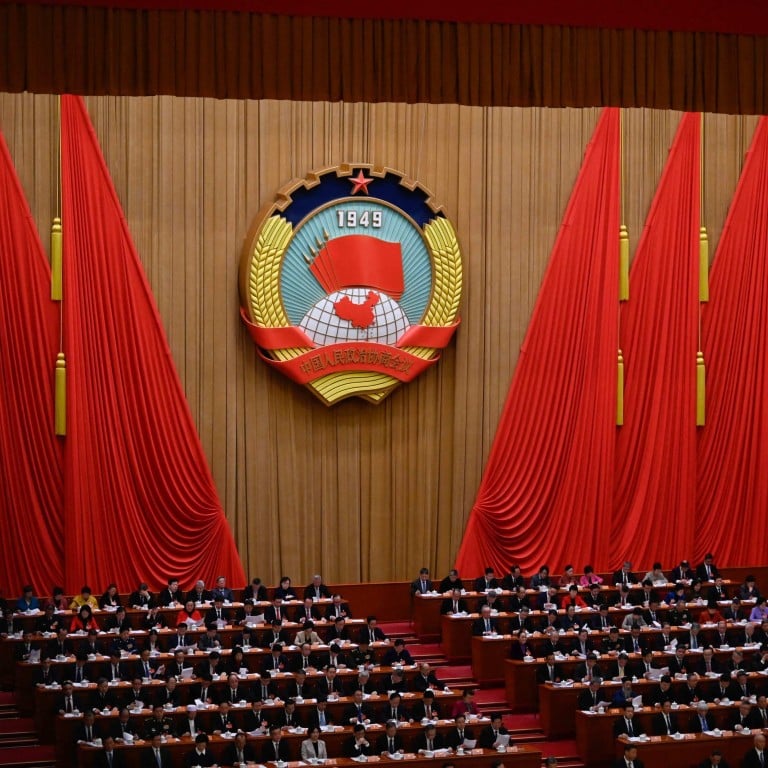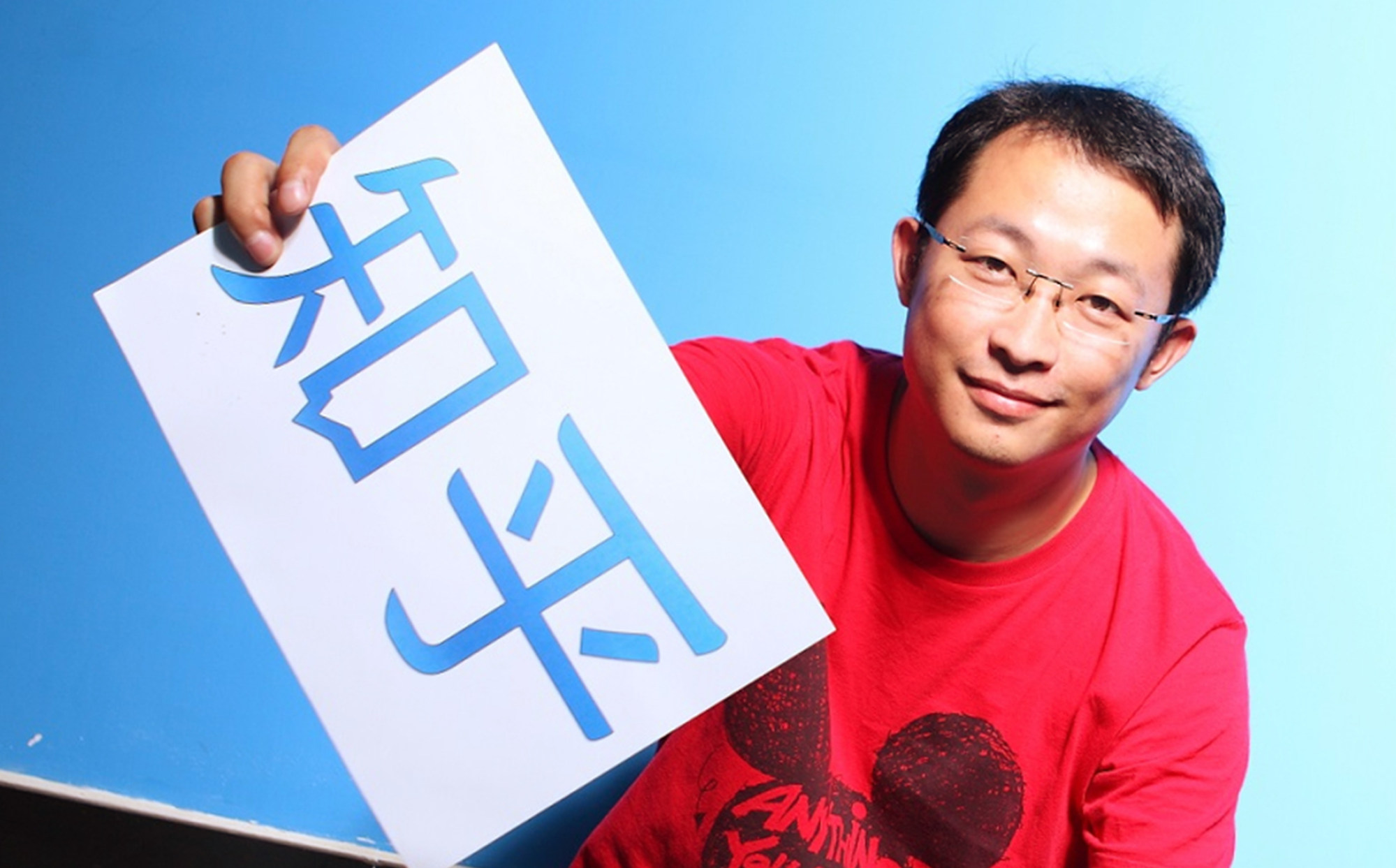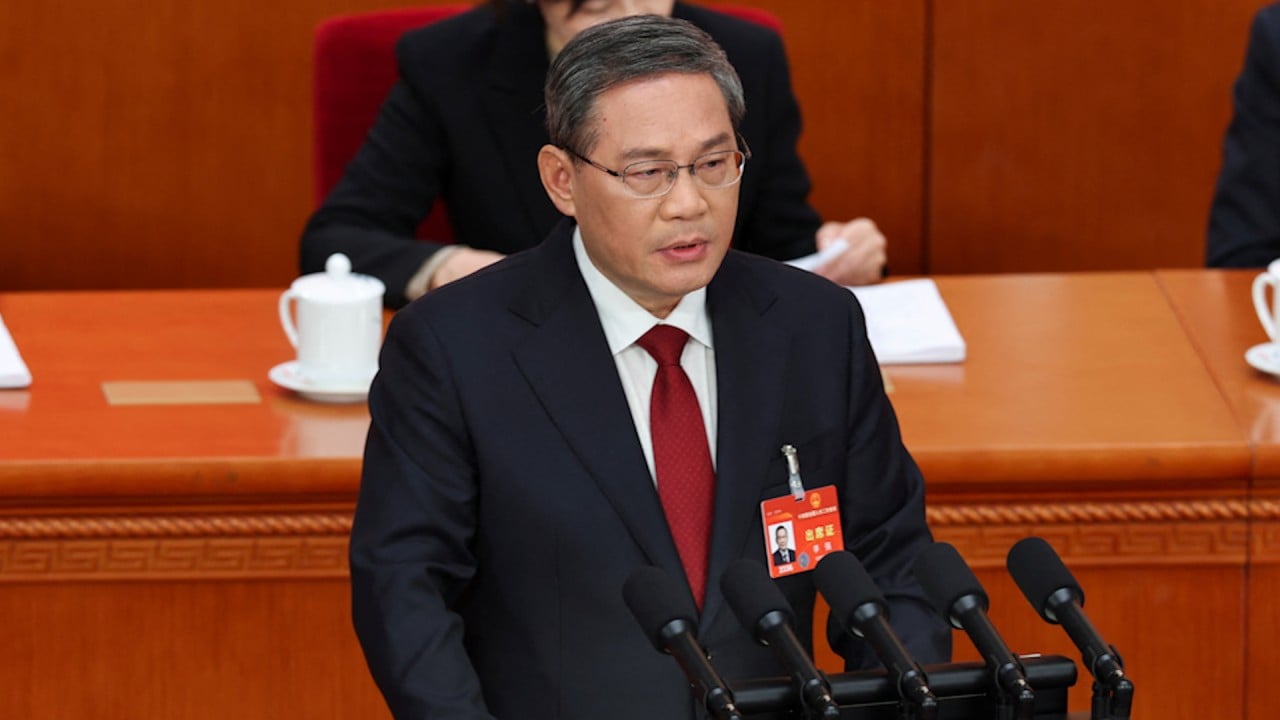
China’s ‘two sessions’ 2024: Beijing should restore confidence in internet sector to propel growth, tech delegate says
- China should formulate regulatory policies in a ‘scientific’ manner, while ensuring consistency in implementation, Zhihu CEO Zhou Yuan says
- Proposals like the one submitted by Zhou signal that policymakers are actively discussing how to boost the platform economy, analysts say
In China, the term “internet platform companies” refers to large domestic operators of online services, ranging from social media and video gaming to e-commerce and on-demand food delivery.
China should formulate regulatory policies in a “scientific” manner, while ensuring consistency in implementation, Zhou said in a comment ahead of the legislative sessions that kicked off on Monday, according to Chinese media, the Economic Observer.
Various government departments have rolled out measures and regulations to shore up support for private sector growth, but they sometimes contradict and “cancel out” each other, Zhou was cited as saying.
Some regulations even triggered negative public response and created a highly adverse impact on industry development, Zhou said, according to the report.
Beijing last year finally relaxed its years of stringent regulatory scrutiny of the Chinese tech industry, which had wiped trillions of dollars from the valuations of the country’s Big Tech firms.
As the country moved past Covid-era restrictions and tried to get its economy back into gear, the government has mostly showered the industry with positive messaging and favourable policy support.
However, China’s video gaming industry – the second-largest in the world – suffered a huge blow last December, when the National Press and Publication Administration proposed to rein in excessive spending on video games.
Will China’s video gaming industry return to having fun in 2024?
To boost tech innovation, Zhou also advocated a “no crime without law” approach, suggesting that regulators should adopt a hands-off policy when internet platform firms venture into new territories, unless those areas have been explicitly declared illegal.
In the past few years, China sought to rein in antitrust practices and what it saw as the “disorderly expansion of capital”. The crackdown kneecapped the nations’ tech champions and inhibited their ambitions.
Throughout 2023, Big Tech firms from e-commerce giant Alibaba Group Holding, owner of the Post, to video gaming leader Tencent Holdings, further cut their external investments amid a challenging economy.
Total investment deals made by Alibaba, Tencent and search engine operator Baidu plunged nearly 40 per cent last year, data from information service provider ITJuzi shows. Tencent, known for its expansive holdings in the Chinese internet sector, saw the largest reduction in deals.

While regulators are done clamping down on internet platforms, they have yet to figure out how to support the sector, according to a research note from think tank Trivium last week.
Zhou also urged the government to include more internet platform companies in its science and tech innovation initiatives, offering firms additional resources and funding to stimulate their drive for innovation.


